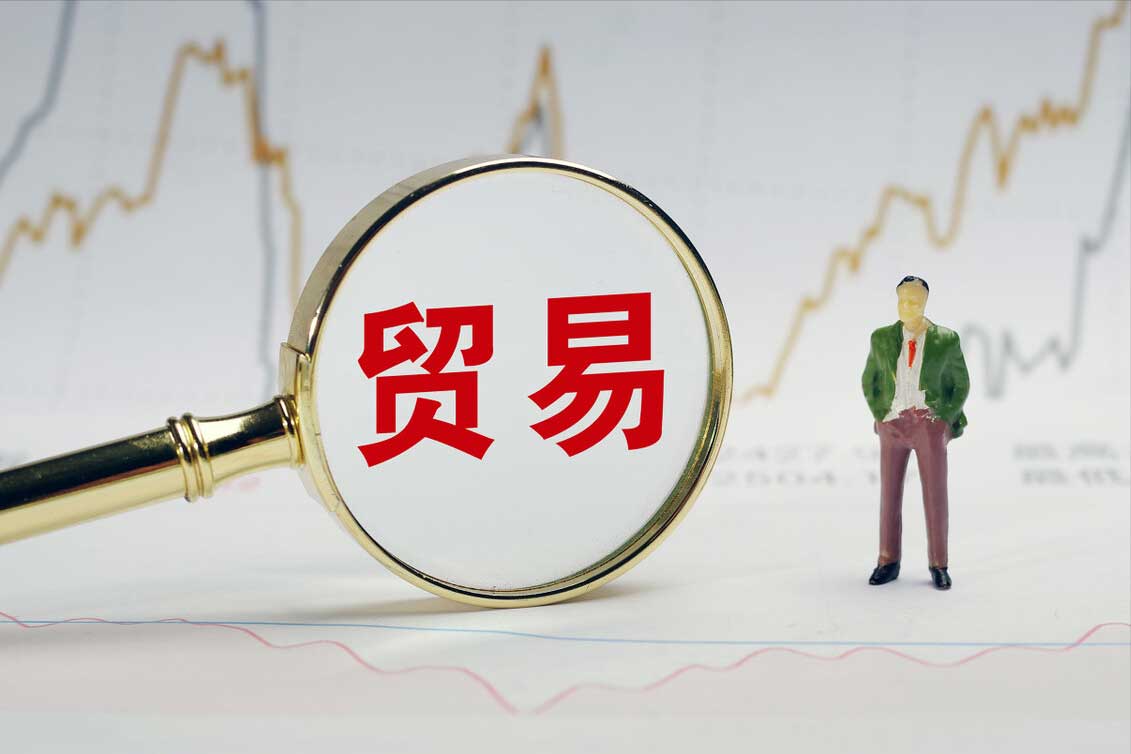
Is it mandatory to use a designated platform for cross-regional agency exports?
According to the latest Announcement No. 58 of the General Administration of Customs in 2025, enterprises can choose from the following three types of compliant channels to complete cross-regional export agency:
- Traditional foreign trade comprehensive service providers: Such as CNBM Easy Buy, Xiamen ITG Group, and other physical enterprises.
- Digital Supply Chain Platform: Alibaba International Station's agency export module, JD Worldwide Trade
- Government Regulatory Service Platform: China (Shenzhen) International Trade Single Window Agent Export Zone
Enterprises should pay special attention to whether the platform possesses the following qualifications: Customs AEO Advanced Certification, Foreign Exchange Administration Payment Institution Registration, and Electronic Port Data Access Authorization.
How much do service costs vary across different agency platforms?
Industry research data for 2025 shows a clear divergence in the fee structures across platforms:
- Basic Service Costs:
- Traditional service providers: 0.8%-1.2% of the cargo value (minimum 3,000 RMB per order)
- Digital platform: 0.5%-0.8% of the cargo value (no minimum consumption)
- Additional logistics costs:
- Ocean LCL service premium 15-20% (compared to self-operated channels)
- Air charter service saves 8-12% (platform collective procurement advantage).
It is recommended that enterprises choose the billing model based on the characteristics of the goods. Bulk commodities are more suitable for traditional service providers,Cross-border e-commerceB2B orders prioritize digital platforms.
How to verify the trade compliance of a platform?
Compliance can be ensured through the "three checks and one verification" process:
- CheckCustoms Enterprise Credit Publicity SystemVerify AEO certification status
- CheckNational Enterprise Credit Information Publication SystemConfirm the equity structure
- CheckState Administration of Foreign Exchange Government Service PlatformVerify cross-border payment qualifications
- TestPlatform data interfaceIs it directly connected to the Single Window?
Typical Case: In 2023, a garment exporter experienced a 6-month delay in receiving a 1.78 million yuan tax refund due to using an unregistered platform. This incident serves as a warning for enterprises to strictly verify platform qualifications.
Can digital platforms ensure the security of trade data?
Leading platforms have implemented a triple-layer data protection mechanism:
- Transmission encryption: Protected using the national cryptographic SM4 algorithm.customs clearanceData transmission
- Permission isolation: The manufacturer can only view the logistics tracking, while the purchaser only obtains the quality documents.
- Blockchain evidence:The pilot platform in Shenzhen Qianhai Free Trade Zone achieves customs declaration form hashing on the blockchain.
Special Note: When dealing with EU clients, it is necessary to confirm whether the platform complies with GDPR cross-border data transfer regulations. It is recommended to prioritize service providers certified with ISO/IEC 27001.
How to evaluate the platform's emergency response capability?
Stress testing can be conducted through the following indicators:
- Customs declaration exception response: An excellent platform can provide a solution within 2 hours.
- Tax refund processing period: The industry benchmark for 2025 has been shortened to 17 working days.
- Emergency incident support: For goods with an inspection rate exceeding 5%, it is necessary to confirm whether the platform provides pre-classification services.
Practical advice: Request the service provider to provide the most recent 12 months'Customs clearance efficiency reportandCustomer Dispute Resolution Case, with a particular focus on the handling records of highly regulated categories such as hazardous materials and food products.
What hidden costs should be particularly noted when selecting a platform?
In addition to the publicly announced rates, companies should be vigilant about the following potential fees:
- Document modification fee: Each customs declaration amendment is charged between 200-800 yuan.
- Warehousing detention fees:The overdue inspection fee is calculated at 40 yuan per cubic meter per day.
- Exchange rate locking fee: The forward exchange settlement service charges a spread of 0.3%-0.5%.
An electromechanical exporter's actual expenditures in 2024 exceeded the contract amount by 23%, primarily due to frequent customs declaration amendments and inspection-related port detention fees. This case highlights the importance of cost control.
Is the emerging AI customs declaration platform worth trying?
The AI customs declaration system in 2025 presents a polarization:
- Standardized categories: The accuracy rate of electronic product declarations has reached 98%, with processing efficiency improved by 40%.
- Non-standard categories:The error rate in artwork customs declarations remains as high as 35%, requiring manual review.
It is recommended that enterprises adopt AI services in phases:
- The first batch of selected HS code-clearly-defined conventional goods for trial use.
- After accumulating 100 successful voting records, it will be extended to specially regulated goods.
- Establish a human-machine collaboration mechanism to handle complex customs declarations.
How to establish long-term and stable agency partnerships?
Recommended adoption3+2 evaluation system:
- Annual Third Review:
- Review the compliance qualification updates of the platform.
- Compare the differences between actual services and the SLA agreement.
- Evaluate the market competitiveness of the fee structure
- Dual-Dimensional Assessment:
- Operational dimensions: inspection rate, amendment rate, tax refund efficiency
- Strategic Dimensions: RCEP Policy Application Capability, Green Customs Clearance Solutions
A listed company reduced agency costs by 19% within three years through this system, while simultaneously improving its export compliance rating from Grade B to Grade AA.


 Follow Customer Service WeChat
Follow Customer Service WeChat